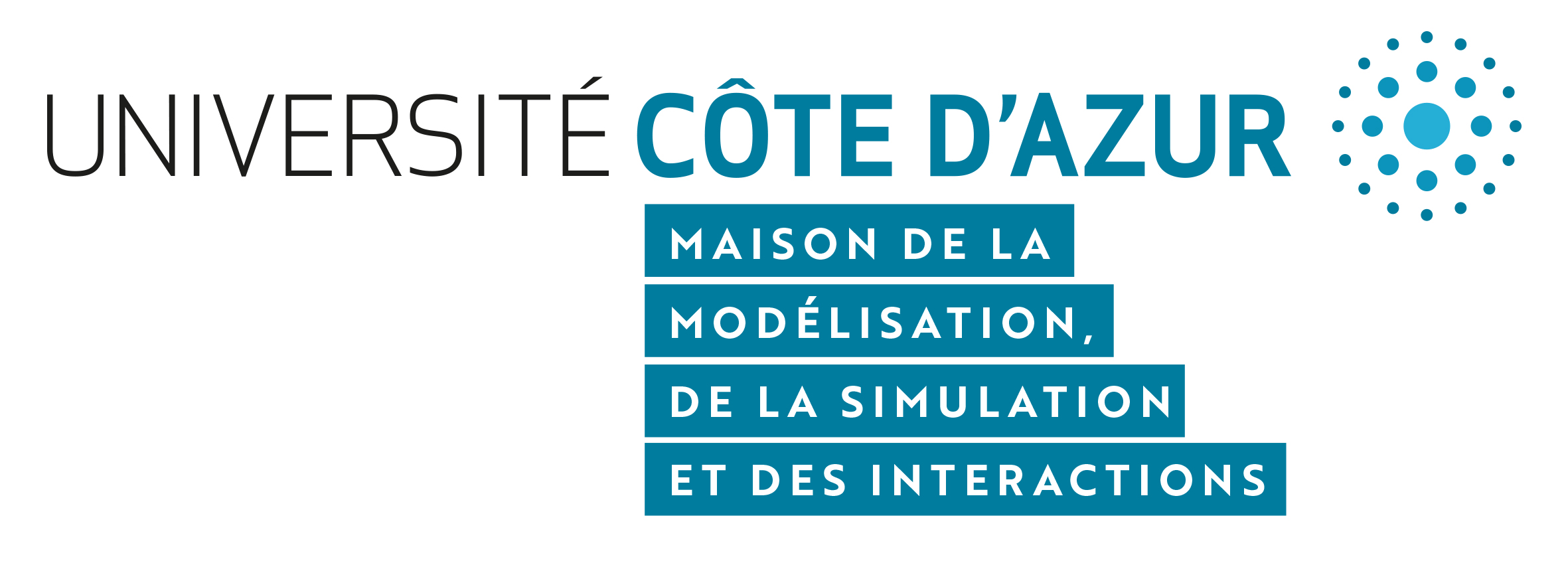IADAS
Modeling Eating Disorders in Sports: Development of an Ontology
Dysfunctional Eating Attitudes and Behaviors (DEAB), which extend beyond the clinical classification of the DSM-5, are complex phenomena linked to multiple psychosocial factors in the sports context. Current research in this field reveals numerous inconsistencies regarding the theoretical concepts used, measurement tools employed, and the relationships between these concepts. In this context, developing an ontology of DEAB in sport could improve our understanding of the complexity of psychosocial factors related to DEAB and their interactions.
The aim of this project is to develop an ontology based on a systematic literature review to organize and synthesize knowledge on protective and risk psychosocial factors influencing the emergence of DEAB in sport, while accounting for variability among athlete groups (e.g., gender, age, discipline, level).
Project Leader
Stephanie Meriaux, Assistant Professor, LAMHESS - Laboratoire Motricité Humaine Expertise Sport Santé (Université Côte d'Azur laboratory in Sport Sciences).
Project Participants
Meggy Hayotte, Assistant Professor, LAMHESS.Amandine Daubresse, PhD student (2024 - 2027), LAMHESS.

